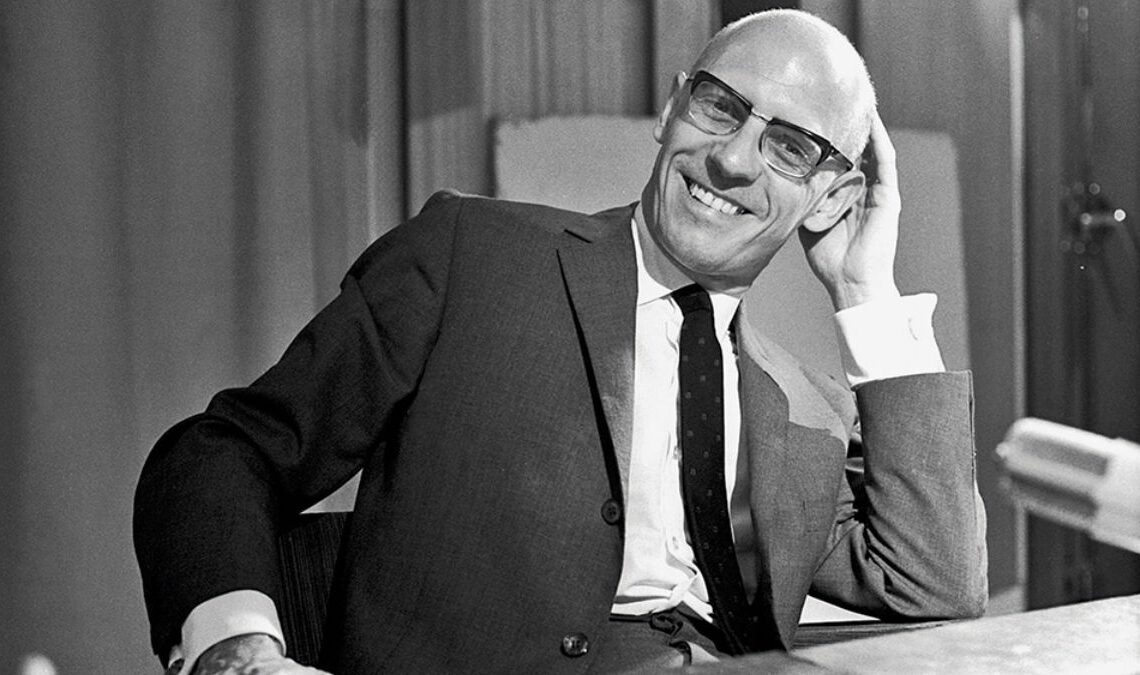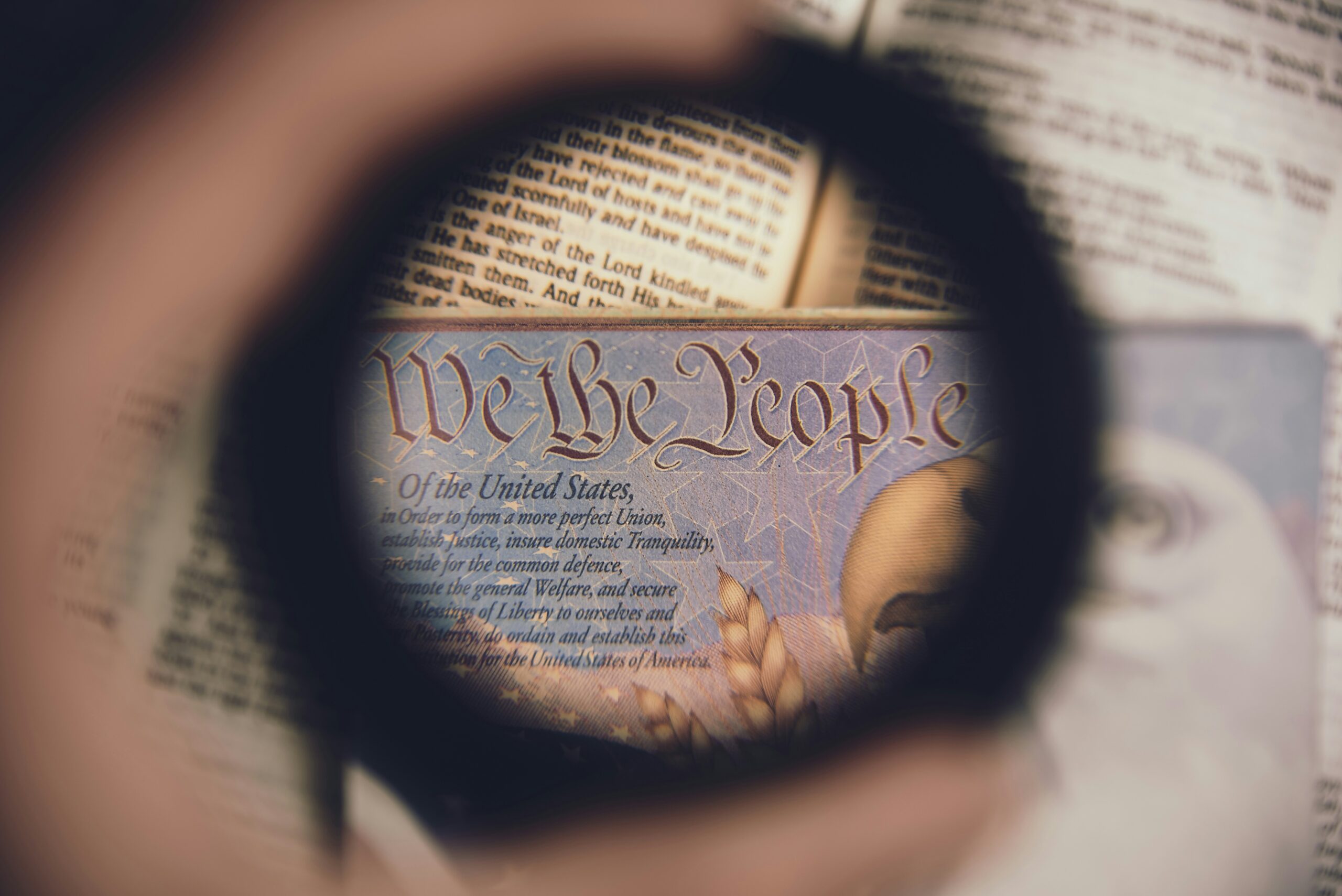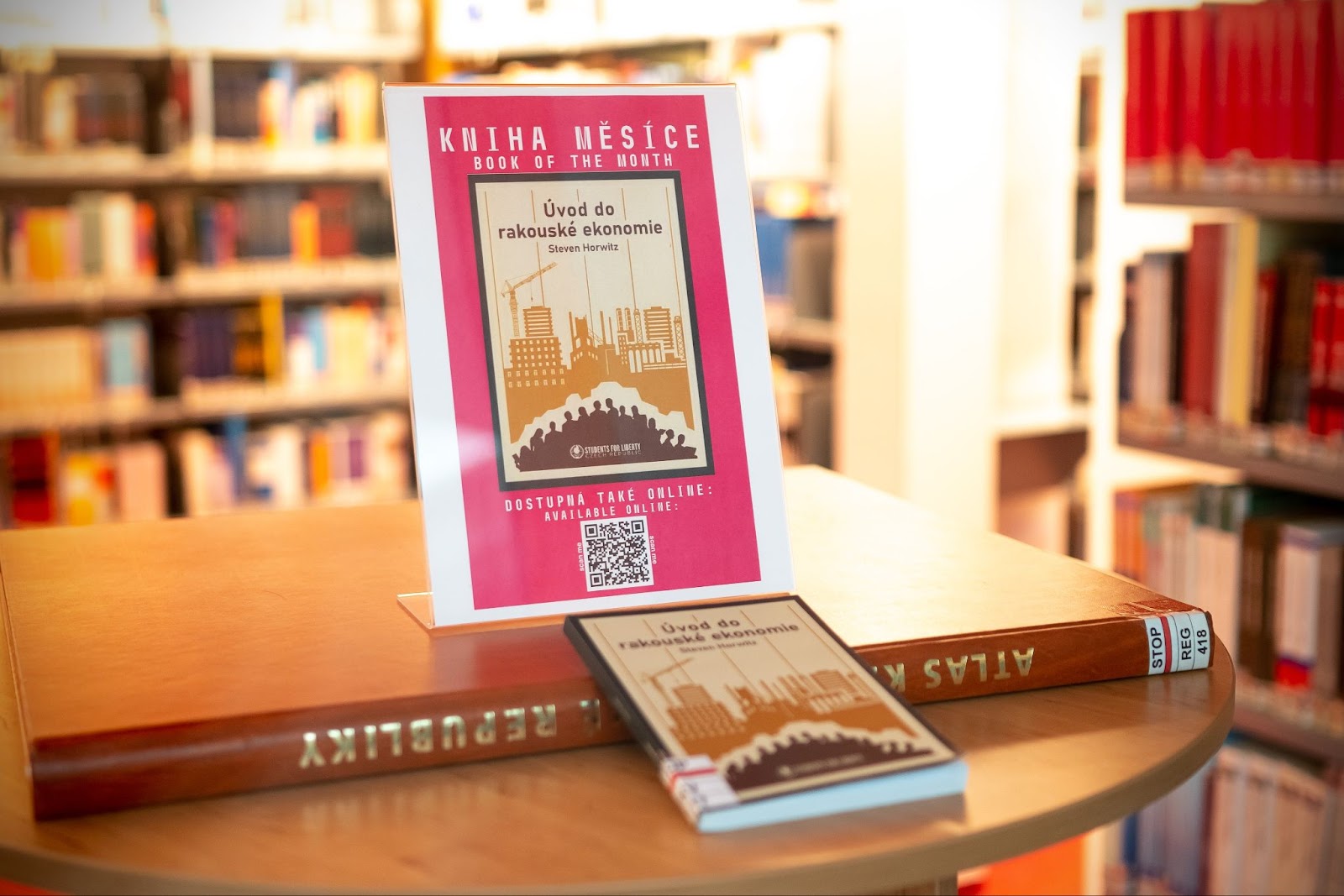Political correctness is an issue that college students like to gripe about (at least when it affects them), but doesn’t seem to actually harm anyone. So, what’s the trouble in being considerate of others? Better to be safe than sorry.
Why political correctness is harmful
Well, despite popular belief, and perhaps to the pleasant surprise of the inarticulate griper, I think there is a very real case to be made for the real harms of political correctness. Especially when it is valued above other considerations or at the expense of other considerations of expression on campus.
We can clearly identify who is hurt when we are not politically correct. The loudly offended make it clearly known that their feelings have been injured by careless words. But who, exactly, benefits from this kind of speech? And who is hurt when it’s restricted?
Dissecting the argument for restriction
As I mentioned, we all realize on some instinctive level that we are being restricted, and it is uncomfortable. That is, the claim that political correctness is an unchallengeable good cannot be true. Taken from the perspective usually afforded to free speech in the modern world, this means the burden falls to the argument for restriction rather than against.
The fact of restrictiveness necessarily puts the ball in the court of those who would have us tip-toe around our words. Even so, the case has been made that political correctness is the “modern” way to be.
Though we are often uncomfortable when it restricts our own speech, it seems only proper that from a position of righteous condemnation we should restrict speech in general in order to reach some “higher” standard for dialogue.
Who decides what’s offensive?
Why should we speak our minds? Why should we not only allow but also invite discomfort at expressions and ideas? I see two important facets being lost to discussions.
One is the challenging and broadening of the collective understanding of correctness. The other is addressing internal feelings, thoughts, biases and intentions and challenging these as well.
A culture of restriction, let alone a solid regulation against certain types of speech and expressions conditions us not to speak our mind and to conform to popular opinion without challenging it.
This means that whoever is setting the terms for what is correct and what isn’t (be it those in power, the majority, or the loudest most offended faction) has a monopoly on what is considered offensive.
The rise of cancel culture
Just as we would caution a university not to prescribe any particular moral belief system or value set, I would caution against assigning a definitive set of acceptable expressions for the same reasons. It presupposes that the university’s definition of what is acceptable is infallible. This has led to what many deem today as cancel culture.
In the interest of erring on the side of expression, we should avoid this outcome. Part of the purpose of college life is to challenge what is accepted. If we never say anything that offends anyone, how can we ever challenge those mainstream sensibilities?
Conversely, when an individual holds beliefs that we would hope would be challenged, keeping these to themselves prevents the issue ever being fully addressed.
Free expression: a recipe for growth
In the interest in challenging ourselves and our society, I think we must always err on the side of expression. Regimes of predetermined correctness and even particularly stifling cultures in the same vein prevent this from being the case and undermine our ability to learn and change.
To read more about free speech, be sure to check out our cluster page by clicking on the button below.
This piece solely expresses the opinion of the author and not necessarily the organization as a whole. Students For Liberty is committed to facilitating a broad dialogue for liberty, representing a variety of opinions.









